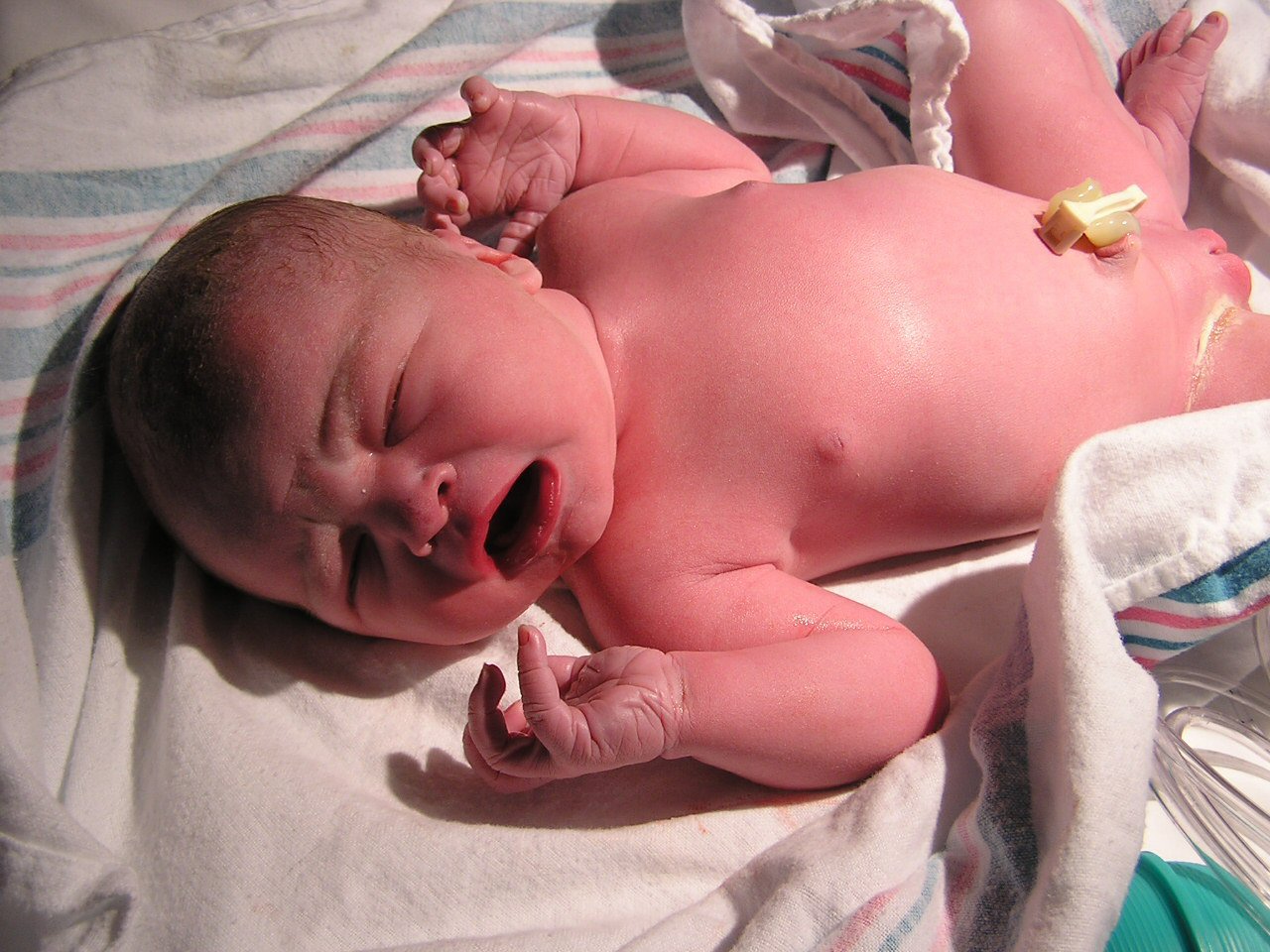 U.S. geneticists last week began examining the promise and risks of sequencing every newborn’s genome. DNA sequencing could improve the accuracy of state newborn screening programs that test babies’ blood for biochemical markers for several dozen rare disorders. And genome testing could potentially look for all 7000 or so diseases caused by defects in single genes. But newborn genome testing could potentially reveal many more unexpected genetic risks. Should parents be told, for example, that their child is at high risk for cancer later in life? A new $25 million, 5-year federal research program will examine such questions.
U.S. geneticists last week began examining the promise and risks of sequencing every newborn’s genome. DNA sequencing could improve the accuracy of state newborn screening programs that test babies’ blood for biochemical markers for several dozen rare disorders. And genome testing could potentially look for all 7000 or so diseases caused by defects in single genes. But newborn genome testing could potentially reveal many more unexpected genetic risks. Should parents be told, for example, that their child is at high risk for cancer later in life? A new $25 million, 5-year federal research program will examine such questions.
Read the full article at Science.
For a related article on this topic, please see ISG faculty Dr. Stefan Timmermans op-ed in the LA Times, “Genetic screening: Every newborn a patient“.
